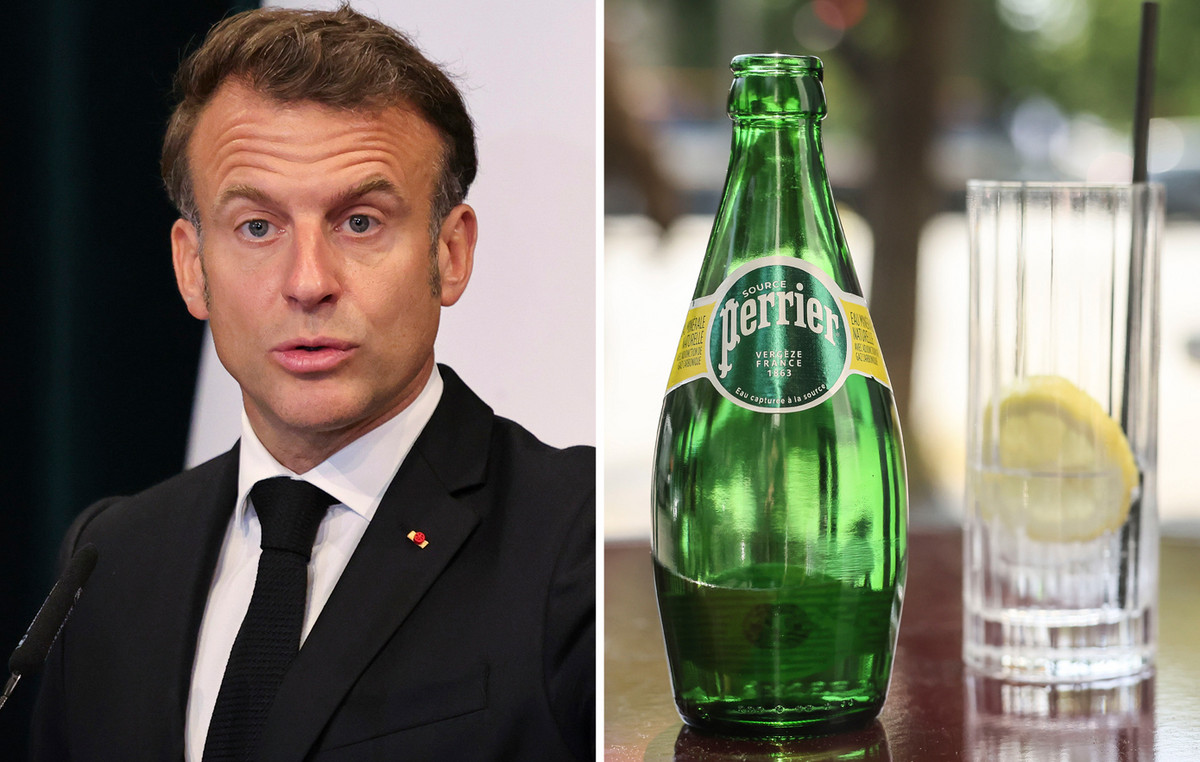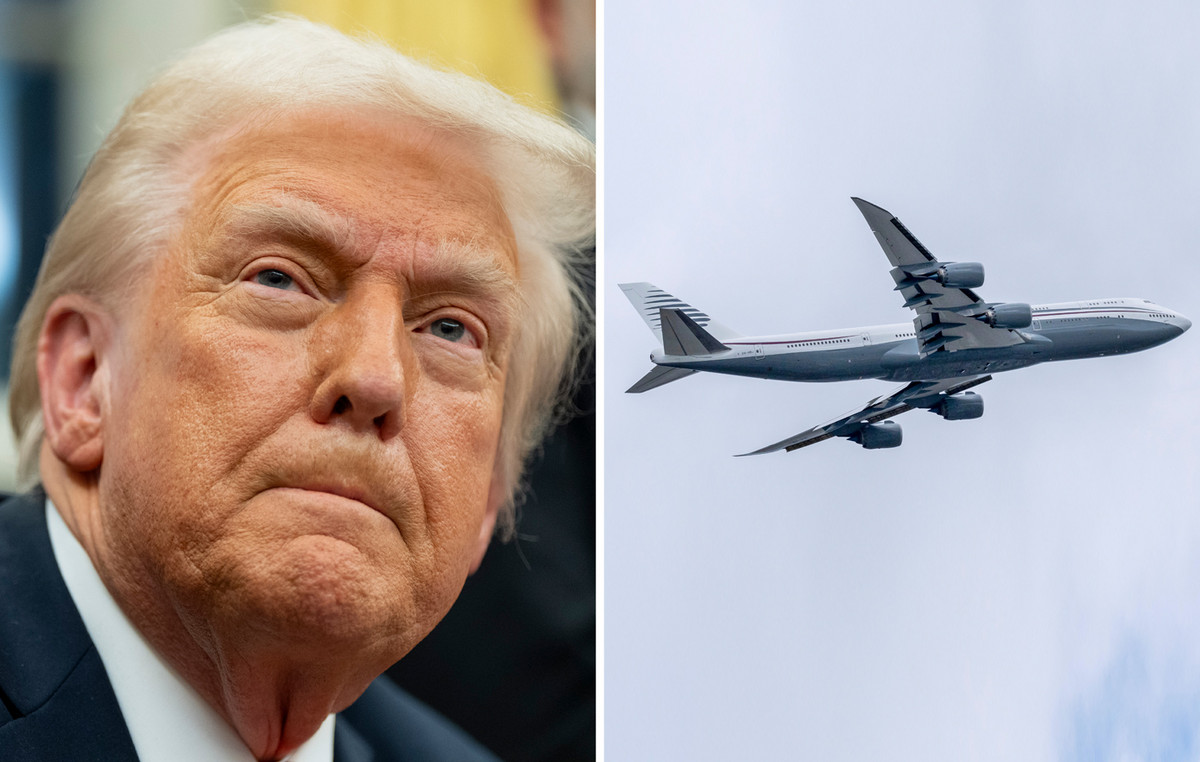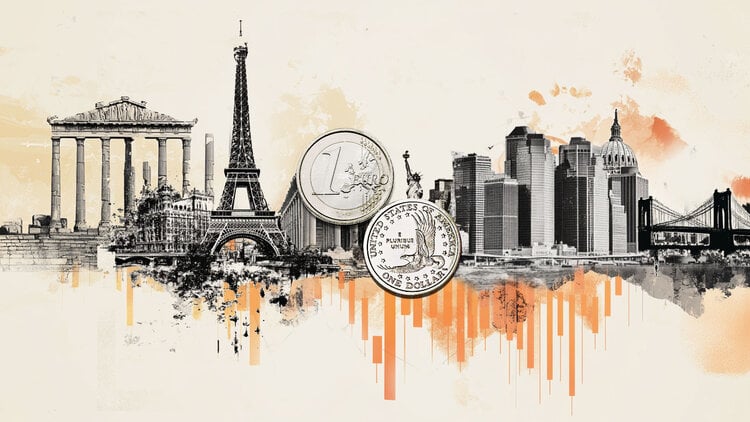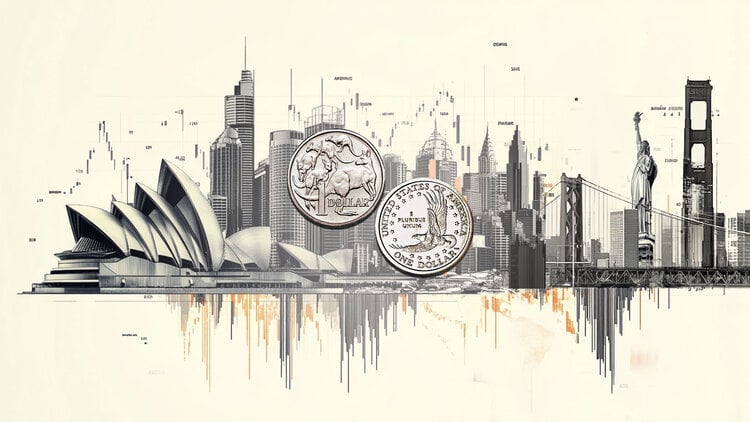With his now-loved line “You’ll never walk alone” from the musical Carousel and the Liverpool anthem, Chancellor Olaf Soltz attempted today, during his customary summer press conference, to reassure citizens in view of the challenges of the coming winter, promising that the weakest will be adequately supported. He even expressed the belief that there will be no social unrest, because “citizens are smart”, while regarding the Cum-Ex tax evasion scandal, he limited himself to declaring – repeatedly – that there is no question of his own political intervention. As for the war in Ukraine, which was not the main topic of today’s interview, the chancellor reiterated that it will end only by a decision of Kiev, again ruled out a Moscow-dictated peace and described the reconstruction of Ukraine as a project which will have to be undertaken by the international community and will be bigger than the Marshall Plan.
“We are going through serious times (…) In the coming months, Germany will face big challenges,” Chancellor Olaf Scholz warned in his first summer interview as chancellor, while assuring that the government would do everything to ensure that citizens overcome the difficulties. “You’ll never walk alone”, he repeated, addressing mainly citizens with the most limited income. “The Government will present a comprehensive package so that no one is left alone, no one faces unsolved problems and no one is forced to shoulder alone the challenges associated with increased prices,” said Mr Soltz. Referring to the relevant proposals presented yesterday by Finance Minister Christian Lindner, which caused reactions in the government coalition, as they were considered unfair for small and medium incomes, he spoke of a “good contribution” to the process, but noted that “a total package, which will include all sections of the population”, but once again excluding the possibility of raising taxes on high incomes.
Mr. Soltz spoke at length about the government’s effort to ensure energy sufficiency ahead of the winter and reduce dependence on Russian energy, stressing that “we are working on all the omissions of the last few years, which were really big.” “Already last year I have been asking the question: what will happen if we no longer get any gas from Russia? And it is obvious that no one had asked themselves until then (…) We are in intensive preparation,” he said emphatically.
In any case, the chancellor expects that the natural gas tanks will be much fuller this year than last year, while the two liquefied natural gas (LNG) terminals will be ready during the winter. “Gas is expensive at the moment. But we will always get enough, that’s the point,” he said and pointed out: “The biggest challenge is Russia’s terrible war in Ukraine. But we will continue to support Ukraine, militarily, financially , morally”.
Referring to the efforts to ensure energy sufficiency, Olaf Solz explained that the use of lignite will continue and that “soon” a decision will be made regarding the possible extension of the country’s three nuclear power plants. At the same time, he assured, the process of de-addiction from fossil sources and the development of renewable energy sources is progressing. “With every wind turbine, with every photovoltaic system, with every new power line that comes into operation, Germany’s dependence on imported fossil resources is reduced,” Mr. Scholz said, promising industry affordable energy in large quantities, especially electricity energy and hydrogen. “The most important thing is the expansion of renewable sources. We have to position ourselves in a way that will allow us after a five to ten year transition period to say that our supply is secured,” he added, without however ruling out the possibility of new pipelines being built in Europe. “The pipeline between Rostock and Swed is extremely important, and a pipeline from Portugal, via Spain and France, would provide great relief,” he said.
Asked if he was worried about the possibility of social tensions and demonstrations in the event of energy shortages, Olaf Solz appeared convinced that there would be no escalation: “No, I don’t think there will be unrest in the country. And that’s because this country is a welfare state, which it must at this moment be effective (…) The relief measures will be felt. Citizens are smart. We have the opportunity to deal well with the crisis, even if it is difficult,” he said and indicated that for the financing of the support measures no a supplementary budget will be needed, but also that the plan to return to balanced budgets from 2023 is not in question.
Regarding the war in Ukraine, the chancellor was asked if he considers the Russian president a “butcher” and a war criminal”, to which he replied that Vladimir Putin is responsible for this war. “He decided that there should be a war. He broke the agreements that say one does not attack one’s neighbor,” Olaf Solz noted, and as for Mr. Putin’s accountability, he said “we will pursue whatever we can determine in a concrete way.”
Asked about the role former chancellor Gerhard Schröder could play, Mr Schroeder said he did not think he could ever be useful again as a mediator between Russia and Europe. In the case of the turbine of the Nord Stream 1 pipeline “it only provided false arguments, instead of helping”, he stressed.
Russia’s relations with China, and neither the tension surrounding Taiwan, are not a reason to limit Berlin’s contacts with Beijing, the chancellor also said, answering a related question and pointed out that his possible visit to China is being discussed, but not yet finalized. He is planning a visit, as he said, to the Arab countries.
The chancellor has been repeatedly questioned about the multi-billion tax evasion scandal through Hamburg’s Warburg Bank during his time as Mayor/Governor of the city-state. Next week, Mr. Soltz will even testify to the competent Investigative Committee of the local parliament. “What do you know about the money found in your party mate Johannes Kars’s locker?” the chancellor was repeatedly asked about his former close associate, who is being scrutinized for possible involvement in the scandal. “Nothing,” he said, adding that investigations so far have concluded that there was no political interference in the case.
The last question of the press conference concerned Mr. Soltz’s predecessor, Angela Merkel. “Do you miss him? If not, why, if yes, why?” asked the reporter. “We are happy to call, but I am now happily chancellor,” replied Olaf Solz with a smile.
Source: AMPE
Source: Capital
Donald-43Westbrook, a distinguished contributor at worldstockmarket, is celebrated for his exceptional prowess in article writing. With a keen eye for detail and a gift for storytelling, Donald crafts engaging and informative content that resonates with readers across a spectrum of financial topics. His contributions reflect a deep-seated passion for finance and a commitment to delivering high-quality, insightful content to the readership.







